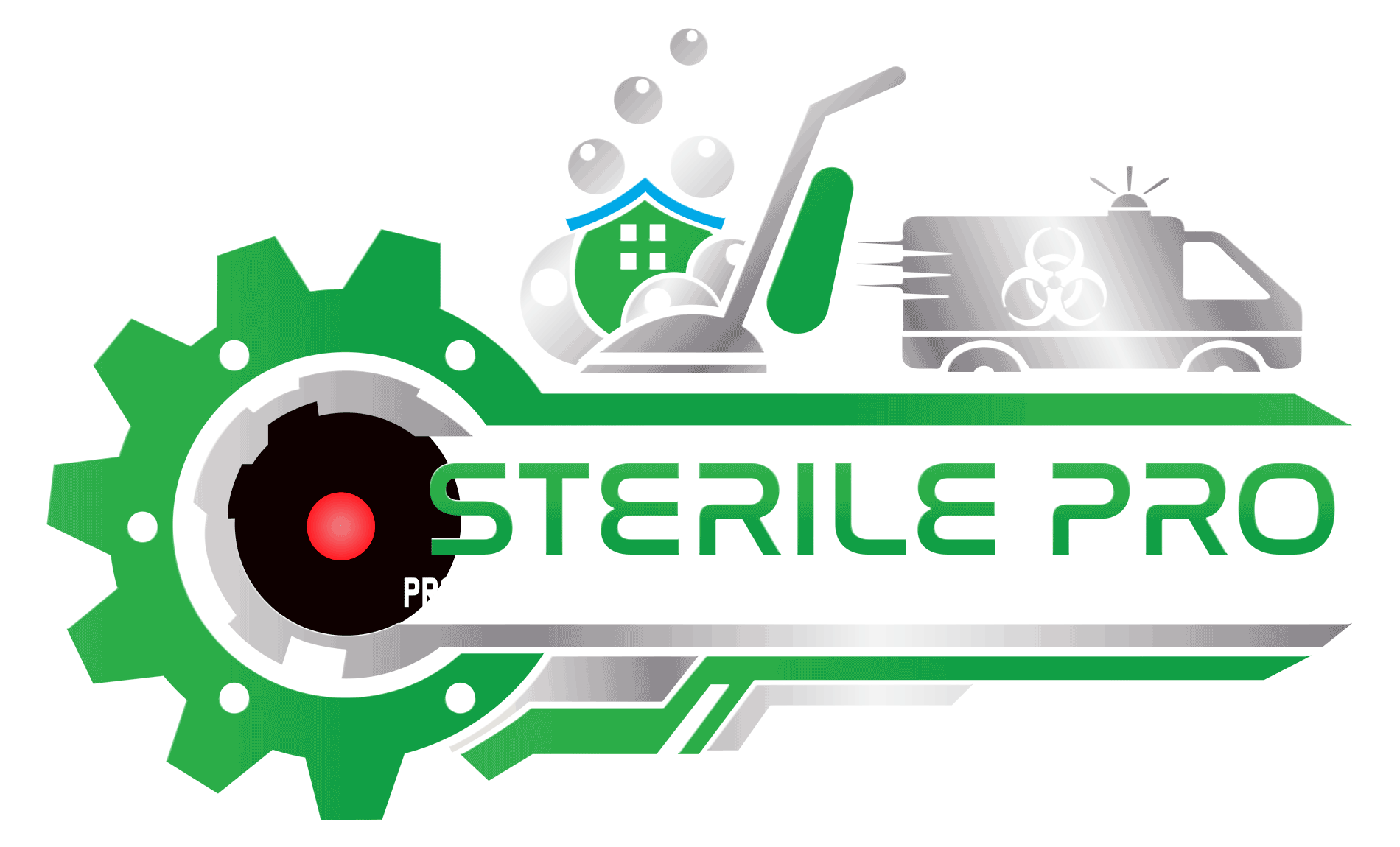Emerging Trends in the Sanitation Franchise Business

The sanitation franchise business is experiencing a dynamic shift driven by emerging trends that are reshaping the industry landscape. As societies become increasingly aware of health and environmental concerns, the demand for professional sanitation services has grown exponentially. This surge is not merely a reaction to recent global events but represents a fundamental change in consumer behavior and regulatory standards worldwide.
One of the key trends propelling this growth is heightened hygiene consciousness. Individuals, businesses, and governments alike are placing a premium on cleanliness and sanitation standards. This heightened awareness has created a robust market for sanitation franchise businesses, which offer specialized services ranging from deep cleaning to disinfection protocols tailored for various sectors.
Moreover, sustainability is emerging as a pivotal factor in service offerings. Modern sanitation franchises are integrating eco-friendly practices and products into their operations, aligning with global sustainability goals and meeting consumer expectations for responsible business practices.
Technology also plays a crucial role in transforming sanitation services. Advancements such as IoT-enabled devices for monitoring cleanliness levels, UV-C sanitation systems, and digital platforms for scheduling and customer engagement are becoming standard offerings. These innovations not only enhance operational efficiency but also elevate service quality, providing customers with transparent and data-driven sanitation solutions.
Furthermore, the franchise model itself is evolving to meet the demands of a growing market. Franchisors are offering comprehensive training programs, robust support systems, and flexible business models that appeal to aspiring entrepreneurs looking to capitalize on the sanitation industry’s growth potential.
In essence, the sanitation franchise sector is at the forefront of adapting to new norms and expectations in hygiene and sustainability. By embracing these emerging trends, franchise operators can position themselves as leaders in a rapidly expanding market, catering to the evolving needs of customers while driving profitability and operational excellence.
The Evolution of Service Offerings
Sanitation franchise businesses are diversifying their service offerings to meet the nuanced needs of various sectors. Traditionally associated with basic cleaning services, modern franchises now provide specialized solutions tailored to different industries. For instance, healthcare facilities require stringent disinfection protocols to maintain sterile environments, while hospitality venues focus on cleanliness standards that enhance guest experience and safety. These specialized services not only cater to specific regulatory requirements but also differentiate franchise offerings in a competitive market.
Embracing Technological Advancements
Technology is revolutionizing the sanitation franchise sector, enhancing efficiency, transparency, and service quality. One of the notable advancements is the adoption of IoT (Internet of Things) devices. These devices enable real-time monitoring of cleanliness metrics such as air quality, surface contamination levels, and adherence to sanitation protocols. Franchises equipped with IoT technologies can provide data-driven insights to clients, demonstrating compliance with hygiene standards and fostering trust.
UV-C sanitation systems represent another technological leap in the industry. These systems use ultraviolet light to disinfect surfaces, eliminating bacteria and viruses without the use of chemicals. UV-C technology is particularly effective in healthcare settings, where rapid disinfection of high-touch surfaces is critical to preventing infections. Franchises incorporating UV-C systems distinguish themselves by offering advanced disinfection solutions that prioritize both efficacy and environmental sustainability.
Digital platforms are also reshaping how sanitation franchises interact with customers and manage operations. Mobile apps and online portals streamline scheduling, billing, and communication, improving customer experience and operational efficiency. Franchise operators can leverage these digital tools to offer personalized services, respond promptly to customer inquiries, and optimize resource allocation based on real-time data analytics.
Sustainability Initiatives and Eco-Friendly Practices
In response to growing environmental concerns, sanitation franchises are increasingly adopting sustainable practices and eco-friendly cleaning products. Consumers, businesses, and governments are placing greater emphasis on reducing carbon footprints and minimizing chemical usage in cleaning processes. Franchises that integrate sustainability into their business models not only meet regulatory requirements but also appeal to environmentally conscious consumers seeking responsible service providers.
Eco-friendly cleaning products are gaining traction within the sanitation franchise sector due to their reduced environmental impact and health benefits. Biodegradable cleaners, non-toxic disinfectants, and energy-efficient equipment are becoming standard offerings, reflecting a commitment to sustainable practices without compromising cleaning efficacy. Franchises that prioritize sustainability differentiate themselves as ethical leaders in the industry, attracting environmentally aware clients and fostering long-term partnerships based on shared values.
Training and Certification Programs
Effective sanitation requires specialized knowledge and adherence to industry best practices. Recognizing this, sanitation franchises are investing in comprehensive training and certification programs for franchisees and employees. These programs cover a range of topics including hygiene protocols, safety standards, and the proper use of cleaning equipment and chemicals.
Certification programs validate franchise operators’ competency and commitment to maintaining high standards of cleanliness and safety. They reassure clients that franchise personnel are trained to handle diverse cleaning challenges, from routine maintenance to specialized disinfection procedures. Additionally, ongoing training programs ensure that franchisees stay abreast of industry advancements and regulatory changes, enhancing service delivery and customer satisfaction.
Market Expansion and Global Reach
The sanitation franchise business is expanding globally, driven by increasing demand for professional cleaning and disinfection services across diverse markets. Rapid urbanization, the proliferation of commercial spaces, and heightened hygiene awareness are contributing to market growth in both developed and emerging economies. Franchisors are capitalizing on this global trend by expanding their operations through strategic partnerships, international franchising agreements, and market entry into new geographic regions.
Franchise brands with established reputations for reliability and quality are well-positioned to capitalize on international expansion opportunities. By leveraging their proven business models, standardized processes, and brand recognition, these franchises can penetrate new markets while maintaining consistency in service delivery and customer satisfaction. International expansion not only diversifies revenue streams but also enhances brand visibility and competitiveness on a global scale.
Challenges and Opportunities in a Competitive Landscape
Despite its growth prospects, the sanitation franchise sector faces challenges typical of competitive industries. Pricing pressures, rising operational costs, and the need to differentiate amid increasing competition are key challenges for franchise operators. Effective cost management strategies, innovative service offerings, and strategic marketing initiatives are essential for overcoming these challenges and sustaining profitability.
Opportunities abound for sanitation franchises that innovate and adapt to evolving market dynamics. The rise of niche markets such as eco-friendly cleaning services, specialized disinfection for healthcare facilities, and disaster recovery sanitation presents lucrative growth opportunities. Franchises that capitalize on these niche markets through targeted marketing, service customization, and strategic partnerships can carve out competitive advantages and achieve sustainable growth in the long term.
Conclusion
In conclusion, the sanitation franchise business is undergoing significant transformation driven by technological advancements, sustainability initiatives, and specialized service offerings. Franchise operators that embrace these emerging trends are well-positioned to capitalize on growing demand for professional cleaning and disinfection services across diverse industries. By integrating advanced technologies, adopting sustainable practices, investing in training and certification, expanding into new markets, and navigating competitive challenges with strategic foresight, sanitation franchises can achieve operational excellence, customer satisfaction, and sustainable growth in a dynamic global market.
“For more information please click on this link“



